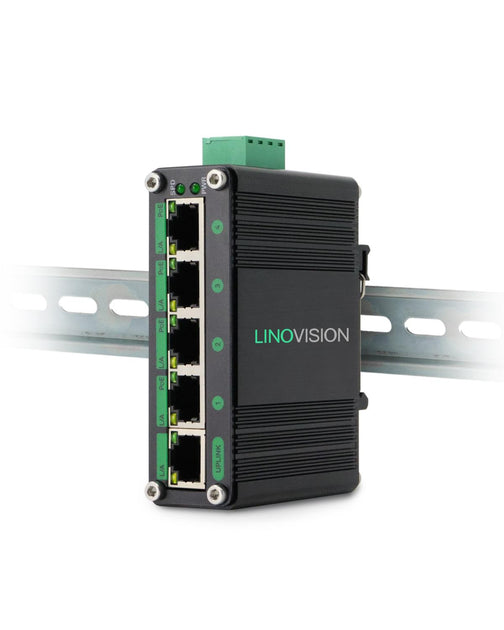Someone earlier here asked what you can do with a pi?
One thing that came to mind is that you could achieve at least *some* of what Venus OS does with the default Raspbian Linux image using Solar assistant software. Benefits are that it may work with non-Victron gear, but it would require you to be Linux savvy in some situations, and the more savvy you are, the more you could do. You can add hardware to a pi that you can't to a Cerbo. pi 'hats' can be added to a pi to give it more functionality. But the ve communications stuff (direct,vbus ...) is harder to add to a pi, depending on alot of stuff.
But there is hardware that either comes with the Cerbo (relays) or which you could buy for it that would need to (customized/different brand, etc) to work with a real pi.
With a raspberry pi running Raspbian, you could do non-solar things too at the same time as the solar stuff. Run your own wiki server, or something else, provided the pi has enough CPU/storage/etc, and that you are savvy enough to get it working. (Not saying the pi Raspbian/VenusOS is good enough for a wiki, just giving an example). Some of these things could perhaps run on a Cerbo too if you know enough.
In my own situation, I do not yet have a solar setup, but I already have my pi4 running VenusOS. I plan on deploying a PoE (Power over Ethernet) network switch in my solar setup to run cameras and point to point wifi from the barn (where my solar setup will be) back to the house and such. The PoE switch will be powered by my battery, but the pi4 will run both networking and power from my PoE switch instead of a direct DC connection, so I can make use of the protections the PoE switch offers. To do so, I added a PoE 'hat' to the pi which works just fine with VenusOS. (No guarantee that a given hat will work with VenusOS). Here is the hat I use, and the PoE switch I plan on using in my solar setup. If the hat didn't work in VenusOS, I would have to try a different one, modify a driver, or go to the default pi Raspbian OS and run Solar assistant.
Ultimately, it is best to define what you want to do, how much you want to spend, how much time you have, and then pick the right platform.
Power Over Ethernet HAT (Type C) For Raspberry Pi 3B+/4B, 802.3af/at Power-Sourcing Equipment Required | PoE HAT (C)

www.waveshare.com
DC12V-48V POE SWITCH - Support DC12V-48V input and standard IEEE802.3af/at POE output with built-in voltage booster. 5-PORT FULL GIGABIT POE SWITCH - Provide 4 IEEE802.3af/at 30W POE ports and 1 Gigabit uplink; All ports 10/100/1000Mbps self-adaptive full duplex; Total POE budget 120W...

linovision.com
-Chris

github.com



